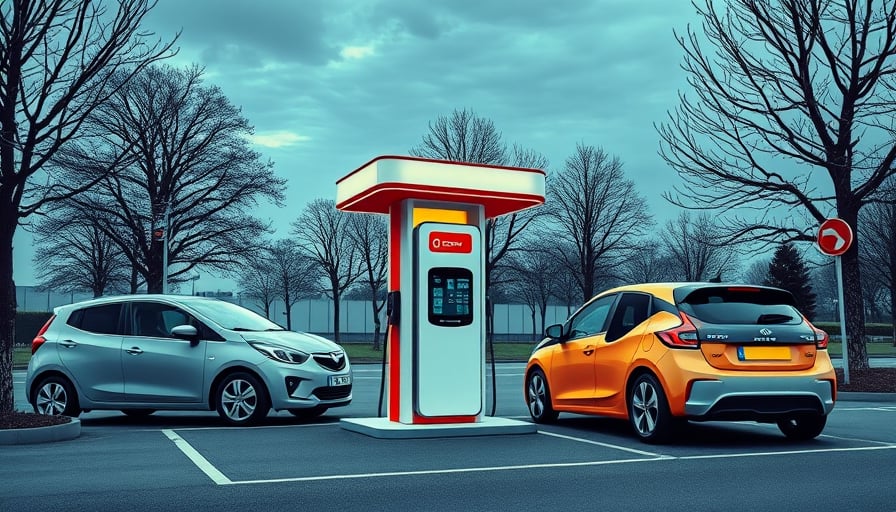In the volatile landscape of the consumer discretionary sector, Jiuzi Holdings, Inc. stands as a testament to the tumultuous journey of companies navigating the electric vehicle (EV) market in China. As of October 9, 2025, the company’s stock price plummeted to a disheartening $0.36, marking a stark contrast to its 52-week high of $7.82 on April 23, 2025. This dramatic decline underscores the challenges faced by Jiuzi Holdings in sustaining its market position amidst fierce competition and shifting consumer preferences.
Jiuzi Holdings, Inc., primarily listed on the Nasdaq, operates within the consumer discretionary sector, focusing on franchising and operating retail stores that sell new energy vehicles in third and fourth-tier cities across China. The company’s specialization in battery-operated electric vehicles and plug-in electric vehicles positions it at the forefront of the burgeoning EV market. However, the recent financial performance raises critical questions about the company’s strategic direction and its ability to capitalize on the growing demand for sustainable transportation solutions.
With a market capitalization of $7,283,300, Jiuzi Holdings’ financial standing reflects the broader challenges confronting the EV industry in China. The company’s struggle to maintain a competitive edge in a rapidly evolving market is evident in its stock performance, which has seen a precipitous decline over the past year. This downturn not only highlights the inherent risks associated with the EV sector but also raises concerns about Jiuzi Holdings’ operational efficiency and market strategy.
The company’s focus on third and fourth-tier cities, while strategically aimed at tapping into emerging markets, may also expose it to heightened risks. These regions, characterized by their developing infrastructure and varying consumer purchasing power, present a unique set of challenges for EV retailers. Jiuzi Holdings’ ability to navigate these complexities and adapt to the local market dynamics will be crucial in determining its future success.
Moreover, the competitive landscape of the EV market in China is intensifying, with numerous players vying for market share. Jiuzi Holdings must contend with established automotive giants and nimble startups alike, each bringing innovative technologies and aggressive marketing strategies to the fore. In this context, Jiuzi Holdings’ current market position and financial health are cause for concern, prompting stakeholders to question the company’s long-term viability.
In conclusion, Jiuzi Holdings, Inc. finds itself at a critical juncture, facing significant challenges in sustaining its growth and market presence in the competitive EV sector. The company’s recent financial performance serves as a stark reminder of the volatile nature of the consumer discretionary sector and the imperative for strategic agility. As Jiuzi Holdings navigates these turbulent waters, its ability to innovate, adapt, and effectively engage with its target markets will be paramount in shaping its future trajectory. Stakeholders and observers alike will be watching closely to see if Jiuzi Holdings can reverse its fortunes and emerge as a resilient player in the EV industry.
